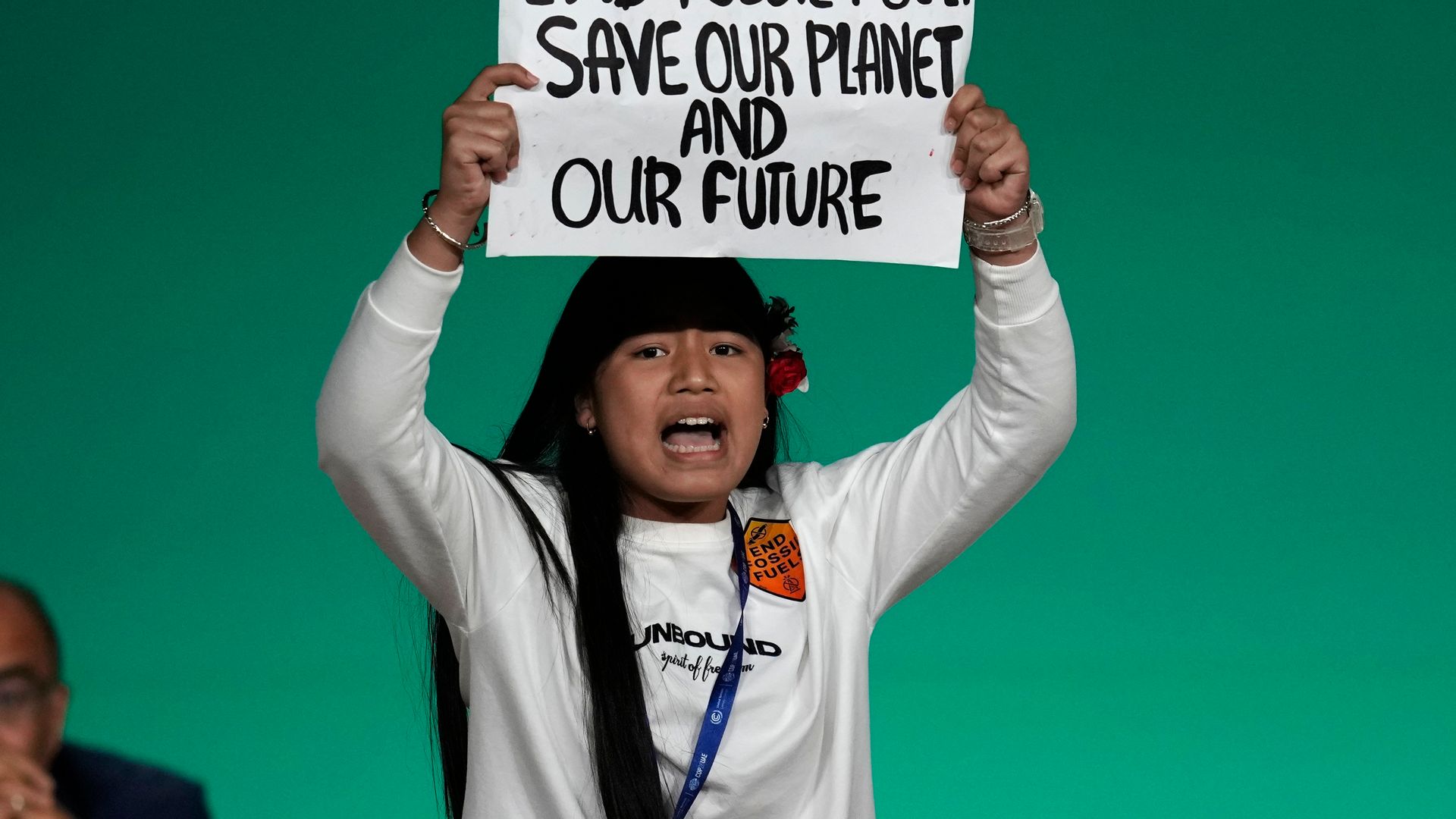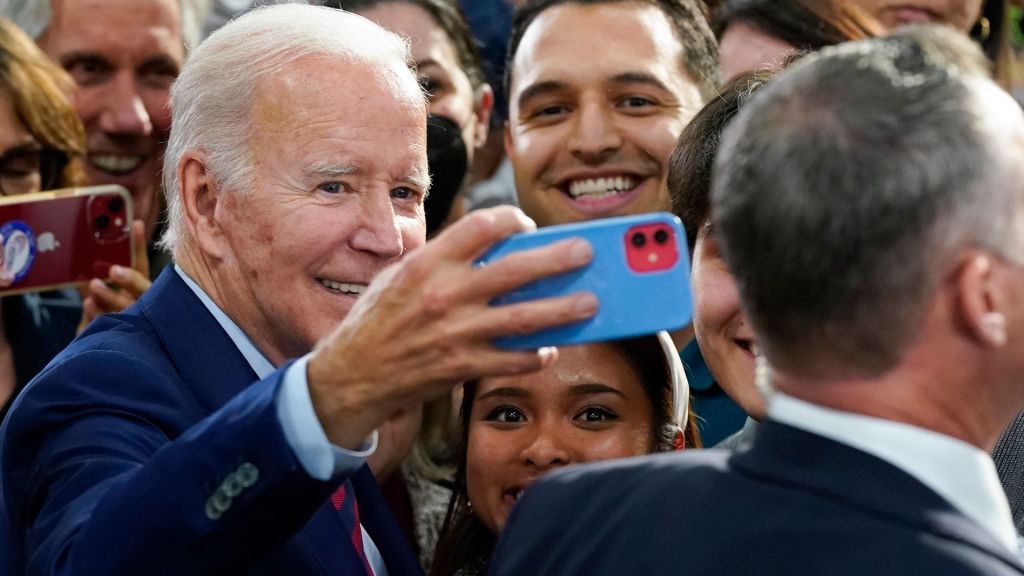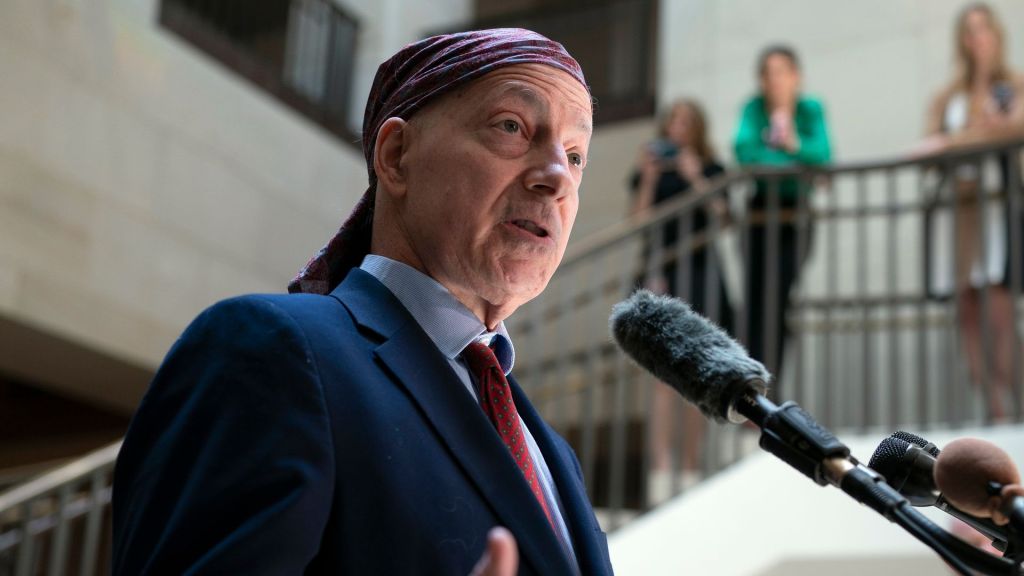
[JACK ALYMER]
IT’S BEING CALLED A HISTORIC AGREEMENT.
NEARLY TWO HUNDRED NATIONS AT THE U.N.’S COP28 CLIMATE SUMMIT IN DUBAI COMING TOGETHER WITH A PACT CALLING FOR A TRANSITION AWAY FROM FOSSIL FUELS TO ACHIEVE NET ZERO EMISSIONS BY 2050.
IT’S THE FIRST TIME A CONSENSUS OF THIS SCALE HAS BEEN REACHED – CALLING TO PHASE OUT OIL, COAL, AND GAS.
THE DEAL ALSO INCLUDES A CALL TO TRIPLE GLOBAL RENEWABLE ENERGY CAPACITY BY 2030.
[John Kerry, U.S. Climate Envoy]
“For the very first time at a COP, fossil fuels have been on the table as a major part of our negotiations. And the decision that came out of this clearly embraces transitioning away from fossil fuels in energy systems, so as to achieve net zero by 2050.”
[JACK ALYMER]
WHILE THE AGREEMENT IS A MILESTONE, THERE ARE MANY ASKING IF IT GOES FAR ENOUGH TO CURB GLOBAL WARMING TO MEET THE LIMITS OF THE PARIS AGREEMENT.
[Alden Meyer, senior associate at E3G climate change think tank]
“We’re way off course in terms of reducing emissions, in terms of mobilizing finance, in terms of dealing with climate impacts. And this was designed to say, Okay, what do we do about it? And the decision that was just reached here says, This is what we’re going to do about it, it’s not adequate, much more should have been done and could have been done.”
[JACK ALYMER]
THE PLAN DOES NOT REQUIRE NATIONS TO PHASE OUT OIL, COAL, AND GAS.
IN FACT, MOVING AWAY FROM FOSSIL FUELS IS OFFERED AS JUST ONE OF SEVERAL OPTIONS THE PACT GIVES NATIONS TO CONTRIBUTE TO CARBON REDUCTION.
[Bill Hare, CEO Climate Analytics / Nicklas Hohne, New Climate Institute]
“We would have expected countries to step up with more ambitious action, more ambitious targets, but we don’t see that … We need to phase out fossil fuels completely without a back door. And at this conference, there’s actually many back doors being proposed.”
[JACK ALYMER]
CLIMATE SCIENTISTS AND ACTIVISTS ARE DISAPPOINTED THAT THE AGREEMENT FAILS TO FORCE ACTION AND SAY IT WILL ALLOW OIL-PRODUCING NATIONS TO UNDERMINE ENVIRONMENTAL EFFORTS.
SEVERAL COUNTRIES CRITICIZED THE PACT FOR BEING NON-TRANSFORMATIONAL.
[Cassie Flynn, global director of climate change at UNDP]
“Countries took to the floor and said ‘this isn’t what we want, we want something that is bolder, we want something that moves faster, we want something that gives a clearer signal to the world, that fossil fuels are an industry of the past.”
[JACK ALYMER]
THOSE NATIONS POINTED TO DATA THAT SAYS STEEP EMISSIONS CUTS MUST HAPPEN IF THE PLANET IS TO AVOID EXCEEDING THE PARIS CLIMATE PARAMETERS.
NO EMISSIONS CUTS ARE MANDATED BY THIS LATEST DEAL.
[John Kerry, U.S. Climate Envoy]
“We supported the call for clearer language about the need to largely phase out fossil fuels. But look, given the makeup of this 195-nation entity, it’s pretty clear that was more than a steep climb. And, you know, we hardly expected certain countries to show up saying, oh, yeah, we’re just going to turn around and do that immediately. But they did sign on, and they are transitioning.”
[JACK ALYMER]
DESPITE THE CRITICISM, ADVOCATES OF THE COP28 PLEDGE HOPE IT WILL ULTIMATELY BE A STEPPING STONE FOR FURTHER CLIMATE ACTION AROUND THE WORLD IN THE COMING YEARS.







